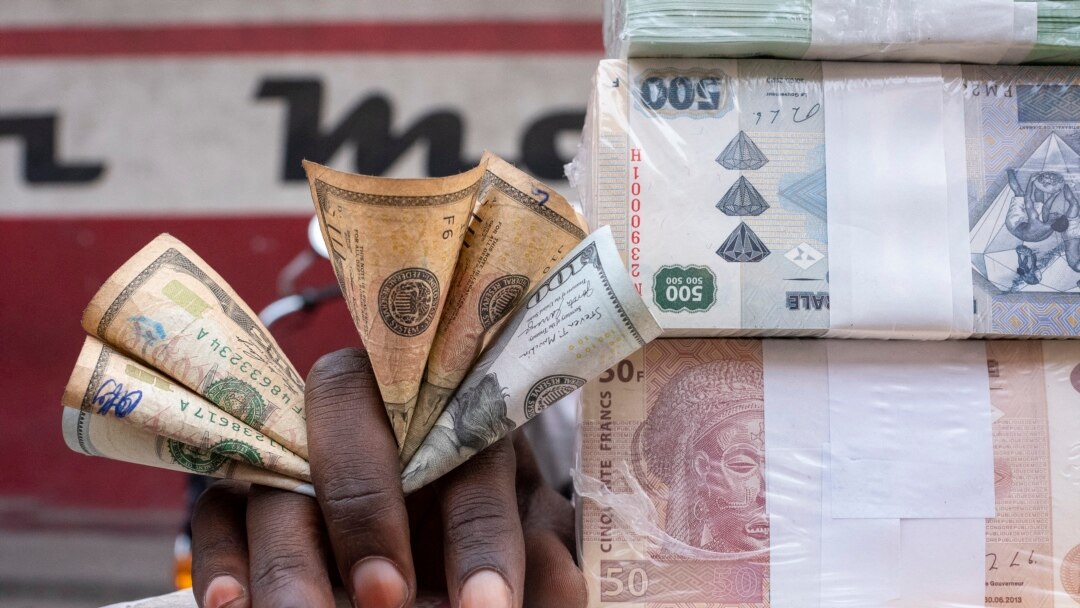A growing number of African countries have found themselves caught in the challenging web of debt distress, a predicament exacerbated by the COVID-19 pandemic, and global economic downturn.
These problems have presented governments on the continent with stark choices needed in funding their economy. As a result, nearly half of Africa’s countries face difficulties making their debt repayments according to figures compiled by the World Bank and International Monetary Fund.
As the countries grapple with the burden of rising debt, their creditworthiness plummets, making it increasingly challenging to secure loans from organisations like the International Monetary Fund (IMF), and World Bank that have been key players in global finance, offering monetary assistance to governments suffering economic difficulties.
Although debt burdens are widespread across the continent, only a small number of countries have halted the servicing of their external obligations.
Below are the African countries that have defaulted on debt repayment:
In 2020, Zambia opted to bow out of a $42.5 million eurobond repayment, becoming the first African nation to default on its debt in the Covid-19 era.
The copper-rich country had been facing mounting debt challenges for several years, exacerbated by a combination of factors, including a decline in commodity prices, economic mismanagement, and the impacts of the global health crisis.
Zambia’s default triggered concerns about the country’s fiscal sustainability, raised questions about its ability to meet future debt obligations, and prompted discussions about the need for debt restructuring.
The country recently reached an agreement in principle with a bondholder group in late October, securing a restructuring deal with official creditors. China also recently urged Zambia’s additional creditors to bear a “fair burden” in the nation’s debt restructuring efforts.
2. Ghana
Last December, Ghana suspended payments on most of its $28.4 billion external debt, leading to an effective default as the country grapples with addressing a substantial balance of payments deficit.
The finance ministry has stated its decision not to service debts, including Eurobonds, commercial loans, and the majority of bilateral loans, describing the move as an “interim emergency measure.”
However, the decision has faced criticism from some bondholders who argue that there is a lack of clarity in the government’s approach.
In September, the Ghanaian government filed for bankruptcy after failing to pay billions of dollars it owed to international creditors in December. Ghana continues to face financial challenges despite receiving a $3 billion loan from the International Monetary Fund (IMF).
3. Ethiopia
On Tuesday, Ethiopia marked Africa’s third default in three consecutive years as it missed a $33 million “coupon” payment on its sole international government bond.
The east African country has been contending with increased financial difficulties arising from the effects of the COVID-19 pandemic and a concluded two-year civil war in November 2022.
Originally scheduled for payment on December 11, Ethiopia technically had until Tuesday to fulfill the $33 million coupon payment, courtesy of a 14-day ‘grace period’ embedded in the $1 billion bond agreement.
According to two sources familiar with the situation, bondholders had not been paid the coupon as of the end of Friday Dec. 22, the last international banking working day before the grace period expires.
























